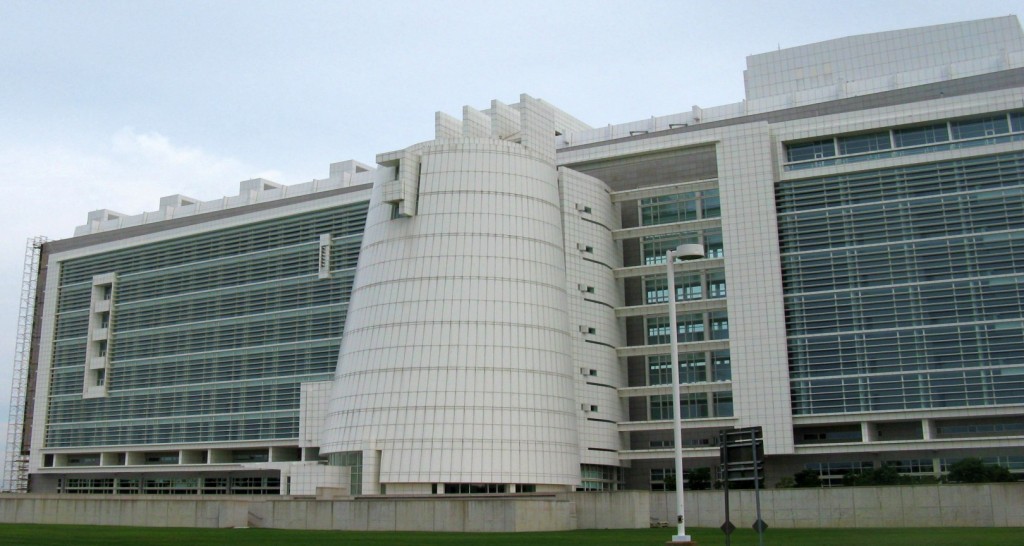Breaking: Long Island Workplace Harassment Verdict Nets $7.5 Million for Wronged Employee

In a landmark legal victory, Barbara Russo was awarded $7.5 million after a grueling three-week federal court trial in Central Islip, where she courageously exposed a deeply troubling workplace environment marked by sexual discrimination and assault. Russo's lawsuit targeted Tuttnauer USA, a medical device manufacturer based in Hauppauge, and two of its former executives, shedding light on the pervasive toxic culture within the company.
The substantial monetary judgment not only represents a significant personal triumph for Russo but also sends a powerful message about workplace accountability and the importance of protecting employees from harassment and discriminatory practices. Her case underscores the critical need for safe, respectful work environments and the legal recourse available to those who face systemic workplace misconduct.
By bringing her experience to light and pursuing justice through the legal system, Russo has potentially paved the way for other employees to speak out against similar workplace injustices, demonstrating remarkable courage and resilience in the face of adversity.
